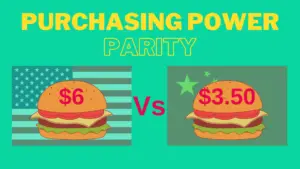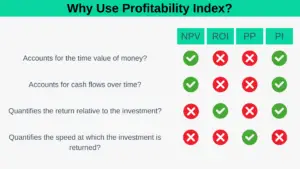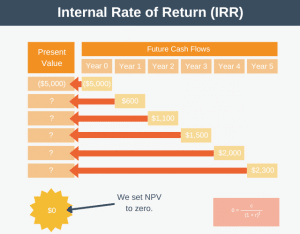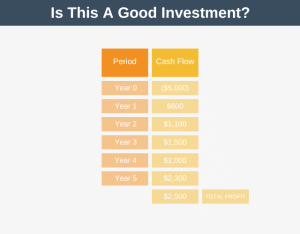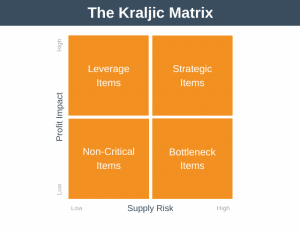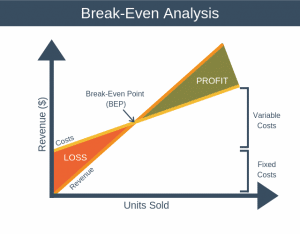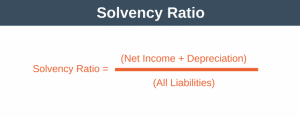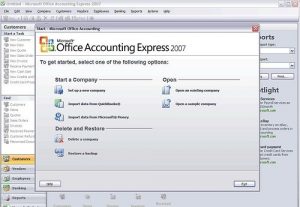Whether you’re managing a small project or a large complex program you need a basic understanding of the different types of contract you’re likely to encounter when buying from external organizations and 3rd parties.
A contract is defined by Wikipedia as, “… an exchange of promises between two or more parties to do, or refrain from doing, an act, which resulting contract is enforceable in a court of law.” In the project or program context, contracts typically involve the exchange of money in return for goods or services.
There are three basic types of contract you’re likely to come across in managing your projects and programs:
- Fixed price or lump sum contacts
- Cost reimbursable contracts
- Time and materials (T&M) contracts
As part of your project or program, you will chose one type of contract over another based on multiple factors specific to your project. Let’s go through each of the contract types in turn, to give you a working knowledge of each.
Fixed Price or Lump Sum Contracts
In this type of contract a specific price is agreed for the good or service being sold. In project terms, the buyer and seller will agree on a well-defined deliverable for a specific price. In this type of contract the bigger risk is borne by the seller. They must make sure they make a profit even given some unknowns such as increasing costs or delays in creation of the deliverable.
When using this type of contract it’s important to have a well defined deliverable. Fixed price contracts can be catastrophic for both buyer and seller if there isn’t a well defined deliverable. Firstly, often the sellers profit is eroded as they compromise to meet the buyers demands, secondly, the buyer may have to pay more for change requests when the supplier is no longer willing to compromise around what, in their eyes, appear to be changing requirements.
Another type of contract you might encounter is the fixed-price plus incentive contract. Here the contract includes an incentive or bonus, typically for the early or on-time completion of the deliverable.
Cost-Reimbursable Contracts
In this type of contract all the costs that the seller incurs during the project are charged back to the buyer, and thus the seller is reimbursed costs. The costs which are allowable will be defined in the contract. In this type of contract more risk is carried by the buyer as the final cost us uncertain. If problems arise during the execution of the project then the buyer will have to spend more. The advantage of this type of contract to the buyer is that obviously scope changes can be easily made to the work being done. One problem with this type of contract is that the seller has very little incentive to be efficient and productive and complete the work quickly. It should come as no surprise that this type of contract is most often used when there is a lot of uncertainty associated with the final deliverable.
There are three kinds of cost-reimbursable contracts you should understand:
- Cost plus fee (CPF) or cost plus percentage of cost (CPPC): here the seller is reimbursed for allowable costs plus a fee that’s calculated as a percentage of costs. Obviously, there is no incentive for the seller to complete the work quickly with this type of contract.
- Cost plus fixed fee (CPFF): here all allowable expenses are charged back plus a fixed fee at the end of the contract. The fixed fee is how the seller makes their profit. The aim of the fixed fee is to encourage the seller to complete the work as quickly as possible.
- Cost plus incentive fee (CPIF): here all allowable expenses are charged back and in addition an incentive fee for exceeding the performance criteria specified in the contract. The incentive fee is designed to encourage increased cost performance by the seller. There is the potential of both buyer and seller saving if the performance criteria is exceeded.
Time and Material (T&M) Contracts
This type of contract is a cross between fixed-price and cost-reimbursable contracts. They can resemble cost-reimbursable contracts as the full cost of completing the deliverable is not know at the outset. They can resemble fixed-price contracts when unit rates are used, for example, you might pay $200 per hour for a software architect and $5000 per month for hardware.
Summary
I hope this gives you a good working overview as to the types of contracts you might encounter as a project and program manager. Note that the three basic types of contracts I’ve described above are based on the three recommended you understand in PMBOK. There are obviously more types of contracts and lots of nuances, even within the three types I’ve described above. For a much more detailed explanation of contract types and their application, click here.
